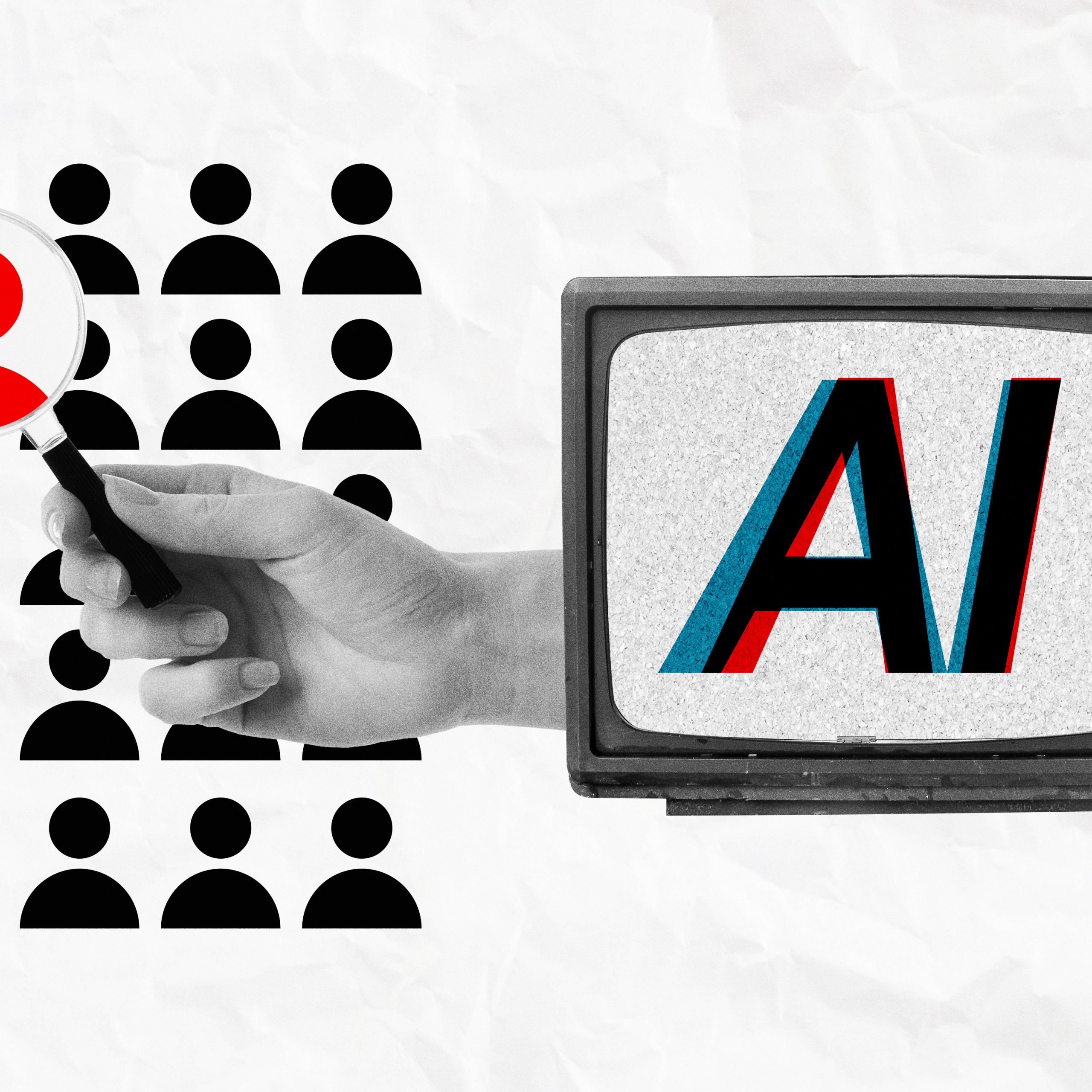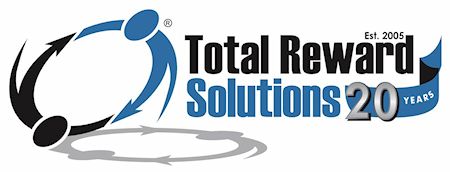October 31, 2025

Ready or not, Artificial Intelligence, or AI, is here and after an initial period of skepticism, hesitation, and even fear of this emerging technology, adoption has gained momentum in a wide range of industries. In fact, according to a recent study on AI Policies & Governance, published by Comp Tool, 82% of survey respondents believe their organizations are somewhat or very enthusiastic about adopting AI in the workplace.
What does adoption of AI in HR environments look like?
AI in HR
In the Human Resources space, many HR professionals are already using AI to start job descriptions and then tailor those descriptions for positions in their organizations. This can be effective and efficient for both recruitment and HR management, saving substantial time. Many organizations already use AI-enhanced HR Information Systems (HRIS) that can perform budget forecasting – again saving considerable time and effort. Meanwhile, AI pioneer ChatGPT is being used to support benefits education. Example: An organization in the auto industry has used ChatGPT to create examples explaining benefits by correlating car parts with those benefits. This really hit home with their employees and helped them to better understand their benefits.
AI in Compensation
But what about using AI for employee compensation projects, practices, and programs?
According to Comp Tool, 59% of survey respondents are somewhat or very likely to use AI to help create compensation communication documents (one-pagers, FAQs, bonus presentations, etc.) while 30% already do this. In other words, AI can be beneficial and save time when developing creative material that is not necessarily data-driven.
However, Comp Tool also reports that 69% of survey respondents plan to use AI to improve the process of finding market matches in their salary surveys. While this may speed up the matching process, human intervention will still be necessary to ensure matches are appropriate. Why? Because some organizations overstate titles as well as education and experience requirements. Thus, to get compensation right, the intervention of an experienced compensation professional is necessary to modify matches for these and other factors.
Comp Tool also reports that 26% of survey respondents plan to use AI instead of salary surveys to determine the market value of their jobs. This could be dangerous because AI gets information from the full spectrum of available internet information and naturally incorporates a huge amount of misleading or downright erroneous data. Therefore, such data cannot be relied on for accurate market benchmarking. In the hands of a qualified and certified compensation professional or team, however, only relevant, reputable, and reliable sources are used to yield tailored and appropriate results for market comparisons. This trustworthy data comes from employer-reported sources by people who are trained in submitting such data. The data is also “scrubbed” and examined for abnormalities before being added to a third-party reliable salary survey database. This is a far superior process compared to using AI-based market benchmarking which includes broad and unreliable sources which can skew the results to the point that they become meaningless.
Here’s an example:
General information sources were asked for the going rate for a Logistics Coordinator in Seattle, WA:
Source 1 (Indeed) reported the average annual salary as $49,130.
Source 2 (Google, mainly via Zip Recruiter and Indeed) responded with an average annual salary of $53,000-$54,000 with $44,000 cited as entry level and $59,000 noted for more experienced applicants.
Meanwhile, a reliable third-party-published salary survey reported the average annual salary’s going rate as $65,000 for 50th percentile.
Obviously, finding the best qualified and best job-matched candidate requires better data from the outset. Imagine how many false starts and how many hours, days, or even months can be wasted trying to recruit for a critical position at an unrealistic salary level based on AI-amalgamated data. Even if you manage to hire someone at a lower rate, there is a higher probability that the hiree will lack the qualifications and skills to perform at the required level. This increases training and/or turnover costs and can lead to other operational problems.
The Bottom Line:
AI is here and it holds potential to free up HR team members from repetitive tasks. This allows them to focus on more strategic planning and strategic work as well as important interactions with employees. However, expecting AI to be tightly focused and driven by only the most relevant industry data is asking too much at this point, so proceed with caution, especially where salary analyses, benchmarking, and other financial decisions are concerned.
So, are you ready for AI in compensation? Not sure? Set goals and consider meeting regularly to learn how others on the team are already using AI to maximize efficiency (without sacrificing quality and accuracy). And if you want to make sure you use only the best available and most relevant data for base pay programs and salary benchmarking, contact us at 317.589.8529 or reach out via our contact page.
Cassandra Faurote
About Total Reward Solutions:
Total Reward Solutions is your trusted partner for compensation services. Led by Cassandra Faurote, professionally certified Compensation and Human Resources expert and author of the book Compensation Sense 101, Total Reward Solutions offers a broad range of compensation and total rewards consulting services to help your organization attract top talent, motivate employees, and retain top performers.
